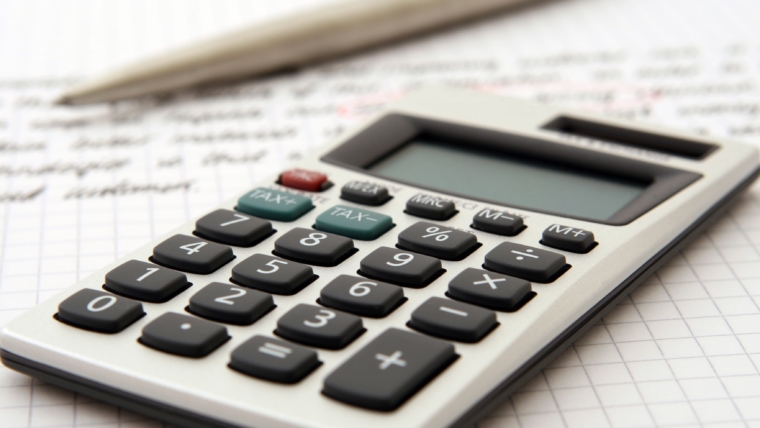Here is what to do if you can’t pay all your taxes by the due date.
1. File on time and pay as much as you can. File on time to avoid a late filing penalty. Pay as much as you can to reduce interest charges and a late payment penalty. You can pay online, by phone, or by check or money order. Visit IRS.gov for electronic payment options.
2. Get a loan or use a credit card to pay your tax. The interest and fees charged by a bank or credit card company may be less than IRS interest and penalties. For credit card options, see IRS.gov.
3. Use the Online Payment Agreement tool. You don’t need to wait for IRS to send you a bill before you ask for a payment plan. The best way is to use the Online Payment Agreement tool on IRS.gov. You can also file Form 9465, Installment Agreement Request, with your tax return. You can even set up a direct debit agreement. With this type of payment plan, you won’t have to write a check and mail it on time each month. It also means you won’t miss payments that could lead to more penalties.
4. Don’t ignore a tax bill. If you get a bill, don’t ignore it. The IRS may take collection action if you ignore the bill. Contact the IRS right away to talk about your options. If you are suffering a financial hardship, the IRS will work with you.


